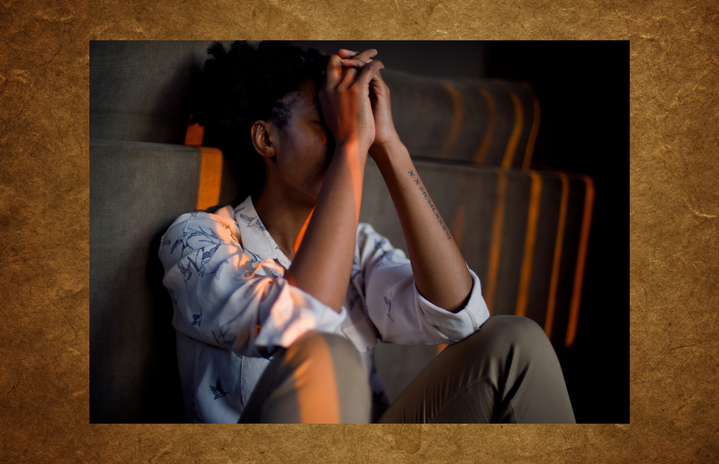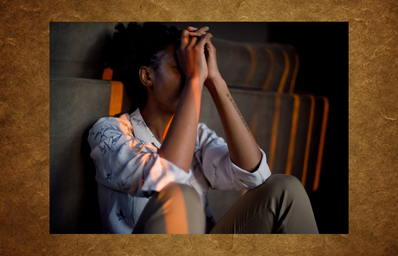I have been writing articles for almost a year. Over time, I have noticed that my most common themes include heavy topics such as trauma, mental illness, and relationship struggles. I write about these facets of my life so much, that I have begun to rely on them in order to get writing done. I find myself forcing certain emotions just to get words on the paper and it is incredibly exhausting.
I want to clarify that I fully support writers’ decisions to be transparent about their internal struggles. I believe it normalizes certain issues that many people deal with, and allows writers to connect with their audience on a deeper level. I also admire the courage it takes for creatives to be vulnerable through their art. I fully believe that turning your pain into art is inherently beneficial for both the artist and the spectator.
My purpose for writing about heavy topics was, and still is, to help others in similar situations. It is my art. Even if the lessons I have learned, and advice I give, are not applicable to a particular reader’s life, I hope that through my writing they will know they are not alone in their struggles and can find some support in my writing.
However, I want to caution against making pain your sole genre. I want you to learn from my mistakes.
In my experience, only writing about your struggles can lead to extreme emotional burnout. If, like me, you write as your main hobby and would like to turn that into a career, finding topics you are knowledgeable and passionate about is crucial. Otherwise, you will find the entire process to be boring and difficult.
When I began my writing journey, I recalled how comfortable I was with articulating my emotions and decided to make them my main theme. What I did not anticipate was that my emotions would be the very thing that almost killed my passion for writing.
After a rough spring semester of sophomore year, I was so emotionally exhausted that I decided to take a break from writing for fun for a few weeks. After some much-needed recuperation, I logged back into Google Docs and tried to get back into it. I quickly noticed that my desire to write, and ability to think of topics, had fizzled out. That was a heartbreaking moment for me.
After a bit of introspection and an eye-opening session with my therapist, I discovered the root-cause of this lack of motivation: all of my emotional energy was dedicated to my writing. This made me recall how emotionally taxing my writing process had been in the past, especially for my more serious articles. These reasons combined meant that writing was no longer my source of joy, but a chore. A tiring, grueling, chore.
I never like to end an article without a plan of action, so here goes: I am going to aim for balance in my writing. I still plan to discuss life’s more serious aspects, such as mental health, relationships, and the like, however, I want to add more positivity to my writing. I want to write more about my interests, hobbies, and the happy moments I have, and will, experience. I feel that, by doing so, I will reinforce my main goal of helping people. Specifically, I hope that I will remind my readers that the good times deserve just as much attention, focus, and emphasis as the bad days. Art doesn’t always have to mean pain.


